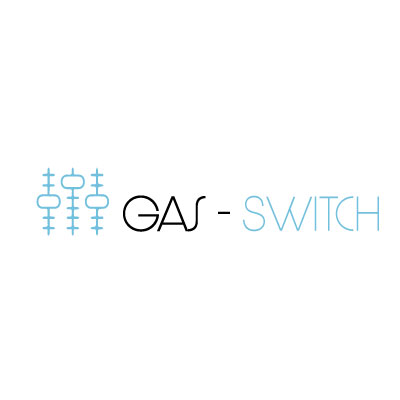Project description
In Austria, almost 40% of natural gas is consumed by industry. Due to rising gas prices, impending supply difficulties and increasing awareness of sustainability, many companies want to further reduce their dependence on fossil fuels. These efforts are supported by the Erneuerbare-Gase-Gesetz (EGG), which provides for an expansion of biogas production and a minimum proportion of green gas.
Considerations such as those of a hydrogen network, fed with hydrogen produced with (surplus) electricity from wind power and photovoltaic systems in northern Burgenland, focus on a few large consumers. Despite such ambitious goals, the question remains for many industrial companies, especially small ones, as to how they can reduce their dependence on natural gas.
The Gas Switch project analyzes the possible contribution of market models for the integration of green gas into the Austrian gas industry to decarbonize the gas consumption of small and medium-sized industrial companies. The initial situation in Austria with regard to national strategies and expansion plans for the decarbonization of the gas supply as well as current laws, regulations and framework conditions for the use of green gas are analyzed. Based on the insights gained from this, new approaches for integration and market models are developed and evaluated at company and system level using a simulation model that maps the energy flows based on statistical data.
Questions regarding the prioritization of the distribution of renewable gases are highlighted. In this context, the usability of existing infrastructure and the need for new infrastructure are analyzed and recommendations for action are derived for small and medium-sized companies as well as for energy policy decision-makers.
Project partner
- Reiterer & Scherling GmbH
- DI (FH) Peter Muckenhuber
